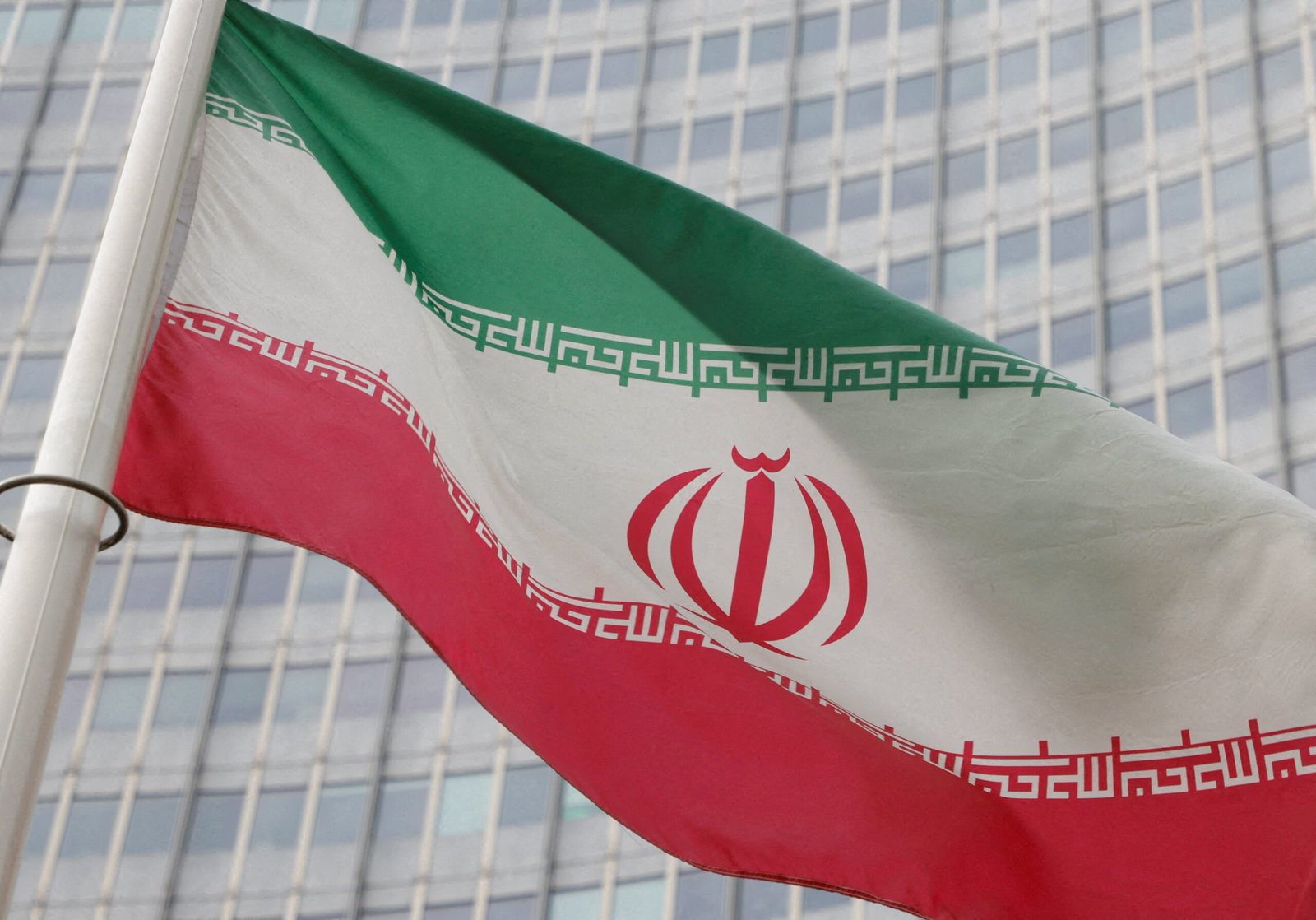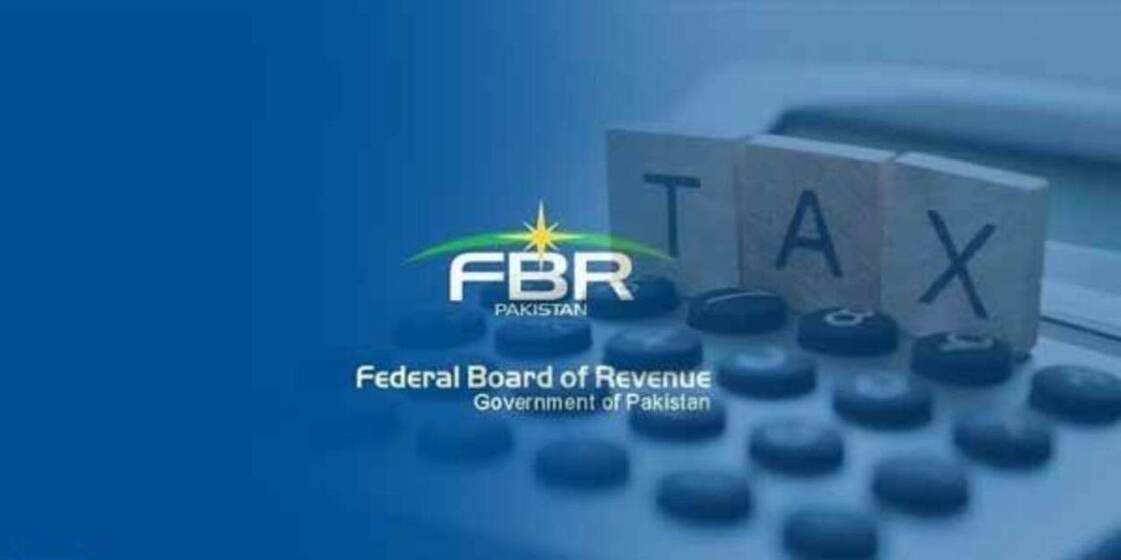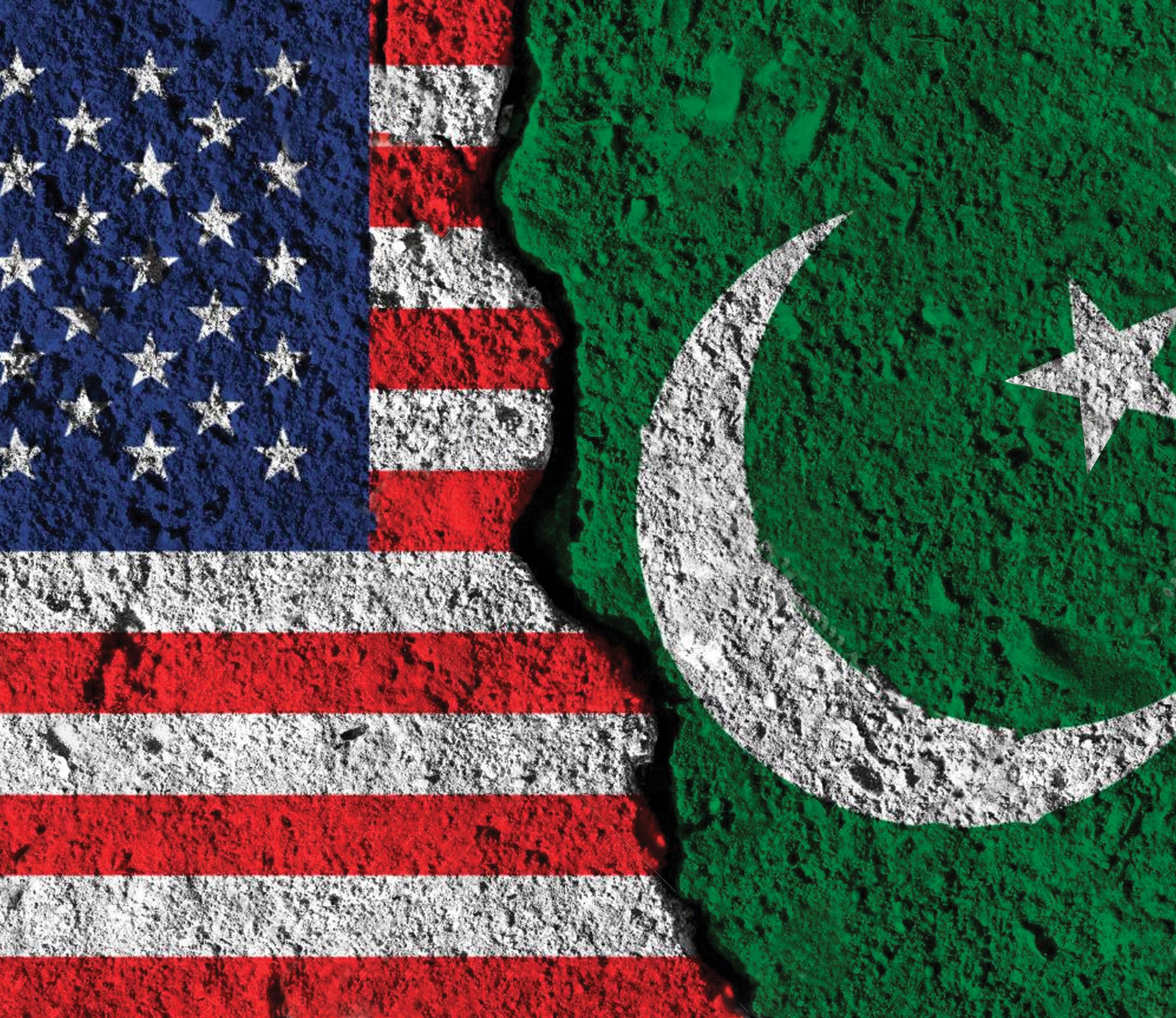The Ministry of Interior has urged the Pakistan Telecommunications Authority (PTA) to block illegal Virtual Private Networks (VPNs) across the country, citing their increasing use by terrorists to facilitate violent activities and financial transactions.
VPNs are tools that protect users’ privacy by encrypting their internet traffic and masking their IP addresses, making it harder to trace their online activity. While VPNs are legal in many countries for privacy and security reasons, the Interior Ministry claims they are being misused in Pakistan for activities such as accessing illegal content, including pornography and blasphemous material.
In a letter to the PTA, the ministry expressed concern that VPNs are now being exploited by terrorist groups to hide their communications and avoid detection. It also noted the growing use of VPNs to access prohibited content, calling it a “worrying trend.” The ministry has requested the PTA to block all illegal VPNs nationwide, while ensuring that registered and legitimate users are not impacted. The ministry has also set a deadline for VPN registration with the PTA by November 30, 2024.
Previously, in September, the PTA had indicated that the government would not block VPNs entirely, and encouraged businesses, IT companies, freelancers, and others to register their VPNs and IP addresses. In August, the government had begun a ‘one-window’ operation to register VPNs through the PTA and the Software Export Board of Pakistan’s website.
Meanwhile, Pakistan Peoples Party (PPP) Chairman Bilawal Bhutto Zardari criticized the government’s move to shut down VPNs and slow down internet speeds. Speaking to the media on Thursday, Bilawal said the government had not consulted relevant stakeholders before taking these actions. He also questioned the government’s understanding of VPN technology, describing their handling of the issue as a “lack of awareness.”
Bilawal further pointed out that despite claims of providing 4G internet, users were experiencing slower speeds, more akin to 3G. The issue of internet speed and VPN restrictions has been a recurring point of contention in Pakistan, with the government citing security concerns, especially in the context of terrorism, as a reason for limiting access to online services. However, security incidents related to terrorism continue to rise, leading many to question the effectiveness of these measures.
















































